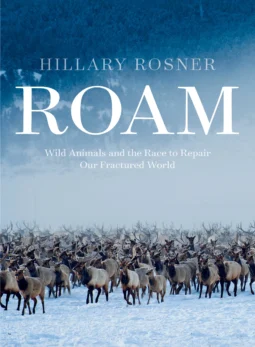
Helping Wild Animals Roam (start time: 3:29) Wild animals, whether buffalos or bats, need space to move around–not just to survive, but to forage, reproduce, migrate, and generally thrive as a species. But it’s getting increasingly difficult for so many species to do this, thanks to humans breaking up their habitats to build roads, fences, housing developments, croplands, etc. Of course, climate change, pesticides, and other stressors compound the problem. In this week’s (fall fund drive) show, host Susan Moran interviews Hillary Rosner, a local environmental journalist and University of Colorado Boulder assistant teaching professor of journalism. Her debut book, called Roam: Wild Animals and the Race to Repair Our Fractured World (Patagonia Works), will be released next week. In her reporting, Hillary digs into some of the threats to wildlife here in the U.S. and elsewhere, as well as bold efforts by individual humans and communities to repair and connect landscapes enough to let many animal populations thrive. And in many cases, helping wildlife move also helps human communities become economically and socially stronger.
Hosts: Susan Moran, Joel Parker
Show & Executive Producer: Susan Moran
Engineer: Joel Parker
Listen to the show here:
Podcast: Play in new window | Download (Duration: 27:30 — 62.9MB)
Subscribe: RSS




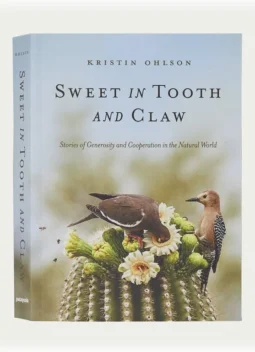 Sweet in Tooth and Claw (start time: 0:59) Since the 1800s, science has been obsessed with the notion, stemming from Charles Darwin’s theory of evolution through natural selection, that only the “fittest” can survive and pass on their strong genes. As in, it’s a ruthless, violent world. And today, we humans find ourselves mired in a hyper-polarized society fixated on competition, disruption, and “If you win, I lose” thinking. A good time to take a look at a different way of living together–how a “kinder, gentler” approach also helps species evolve. In this week’s show, Susan Moran interviews journalist/author
Sweet in Tooth and Claw (start time: 0:59) Since the 1800s, science has been obsessed with the notion, stemming from Charles Darwin’s theory of evolution through natural selection, that only the “fittest” can survive and pass on their strong genes. As in, it’s a ruthless, violent world. And today, we humans find ourselves mired in a hyper-polarized society fixated on competition, disruption, and “If you win, I lose” thinking. A good time to take a look at a different way of living together–how a “kinder, gentler” approach also helps species evolve. In this week’s show, Susan Moran interviews journalist/author 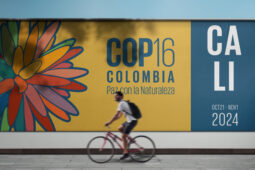 COP16: Hope & Hurdles (start time: 1:20) On this week’s show, host Susan Moran interviews two conservation biologists at Colorado State University —
COP16: Hope & Hurdles (start time: 1:20) On this week’s show, host Susan Moran interviews two conservation biologists at Colorado State University — 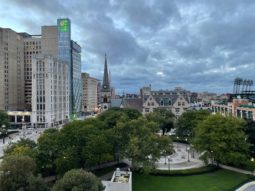
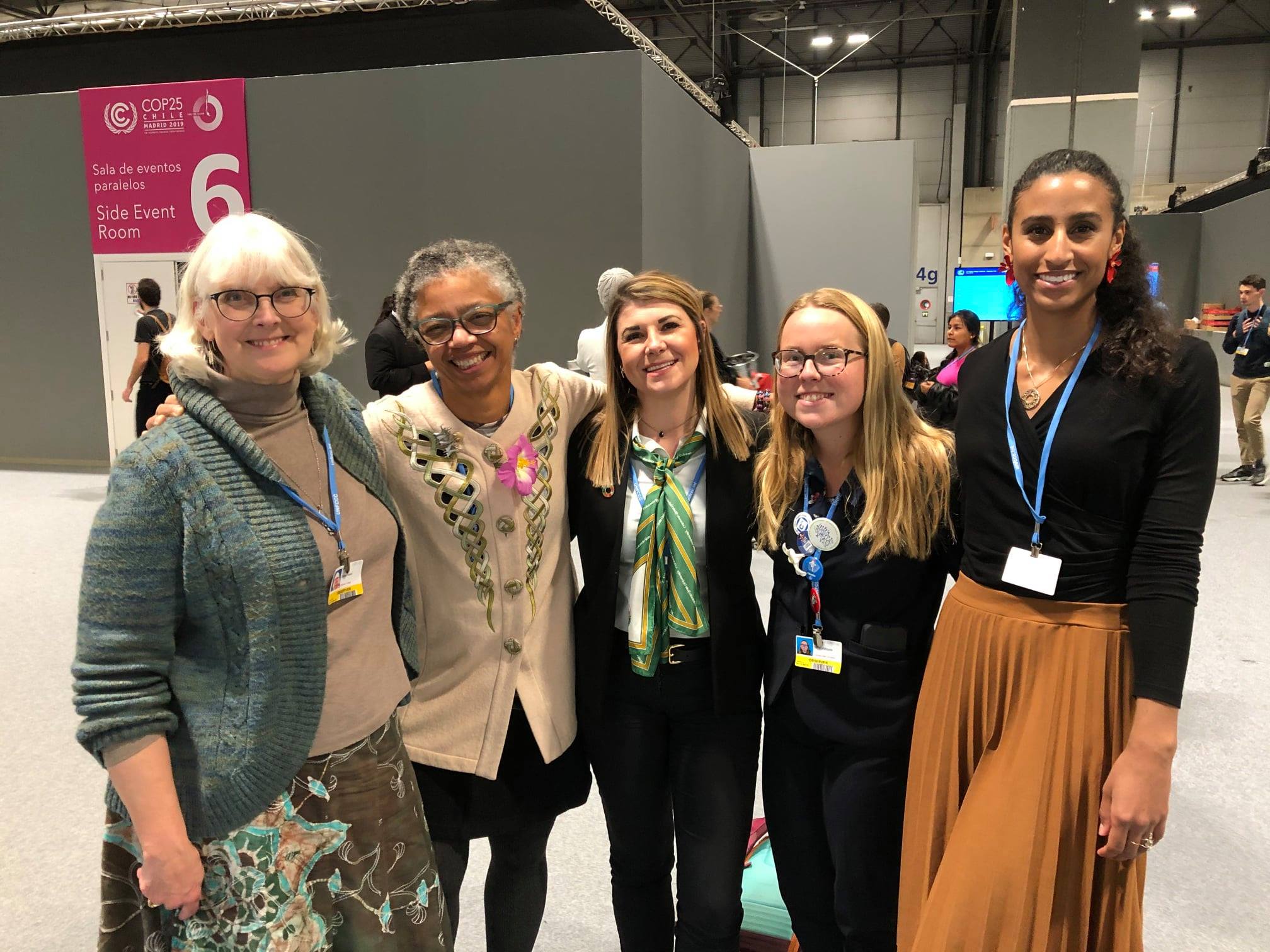
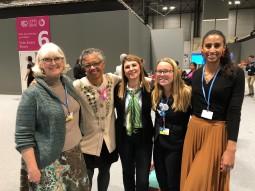
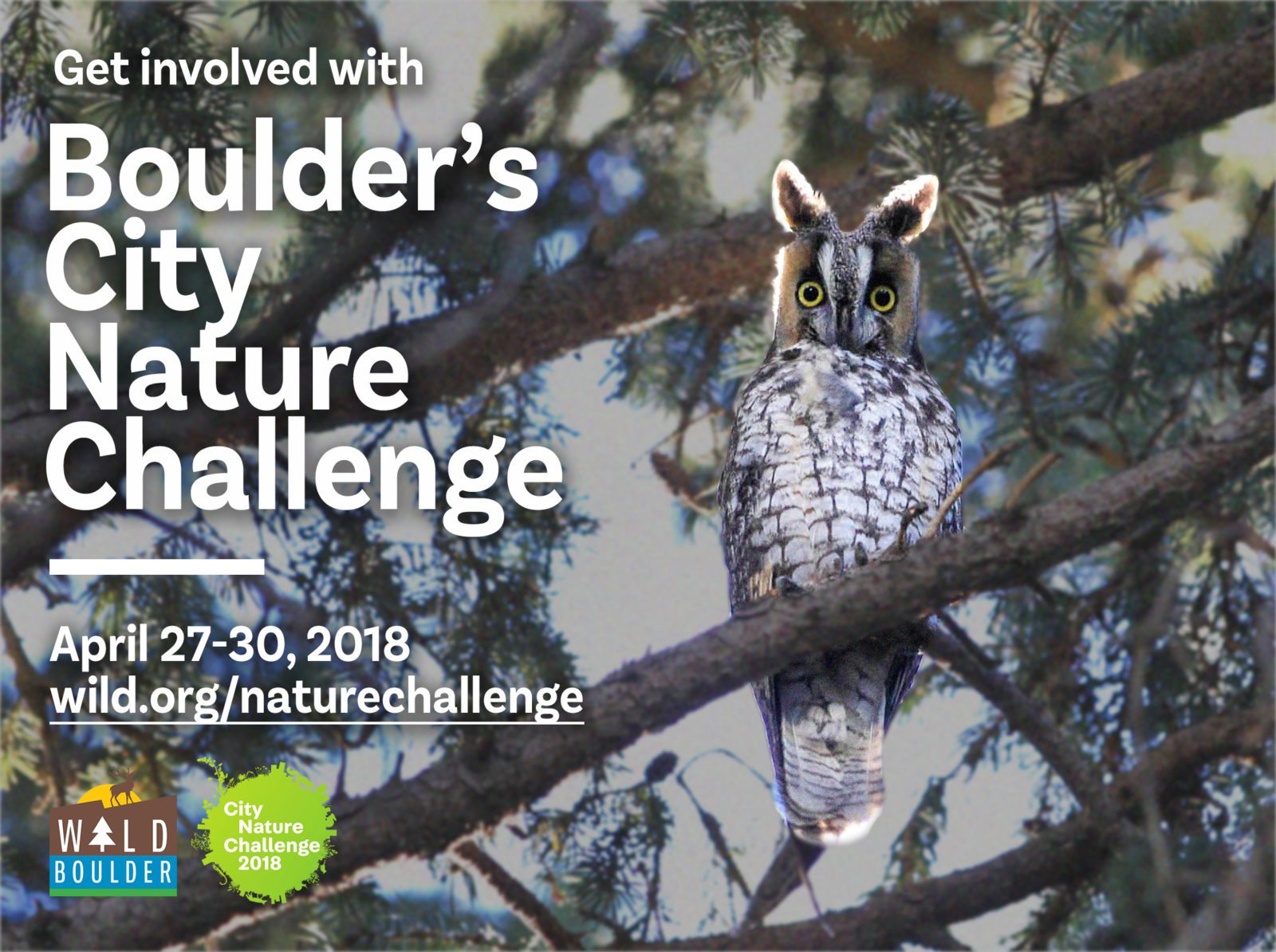
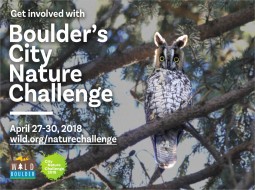 Attention all Nature Lovers and Amateur Naturalists, Friday April 27th kicks of the
Attention all Nature Lovers and Amateur Naturalists, Friday April 27th kicks of the 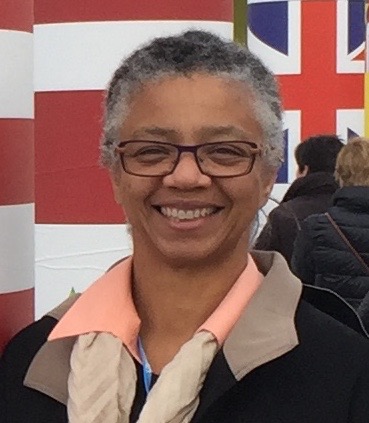
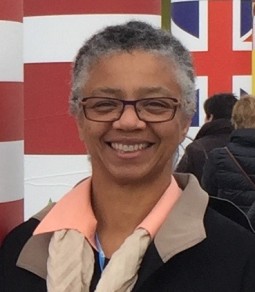
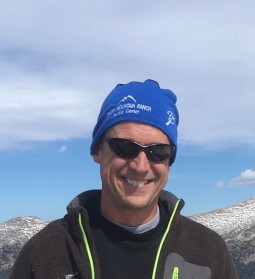

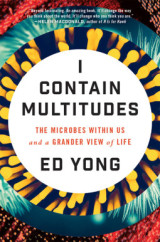 Multitudes of Microbes (start time: 3:38): You may find it unsettling to learn that our human cells make up only half of our bodies. The other half is a bunch of microbes (in the neighborhood of 40 trillion), all living and reproducing in, and on, our bodies. What’s more, these invisible machines could have a powerful influence on your brain, and on your overall health.
Multitudes of Microbes (start time: 3:38): You may find it unsettling to learn that our human cells make up only half of our bodies. The other half is a bunch of microbes (in the neighborhood of 40 trillion), all living and reproducing in, and on, our bodies. What’s more, these invisible machines could have a powerful influence on your brain, and on your overall health. 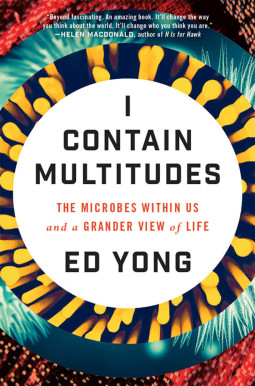 This week’s pledge- drive show features a teaser introduction to Ed Yong’s new book
This week’s pledge- drive show features a teaser introduction to Ed Yong’s new book